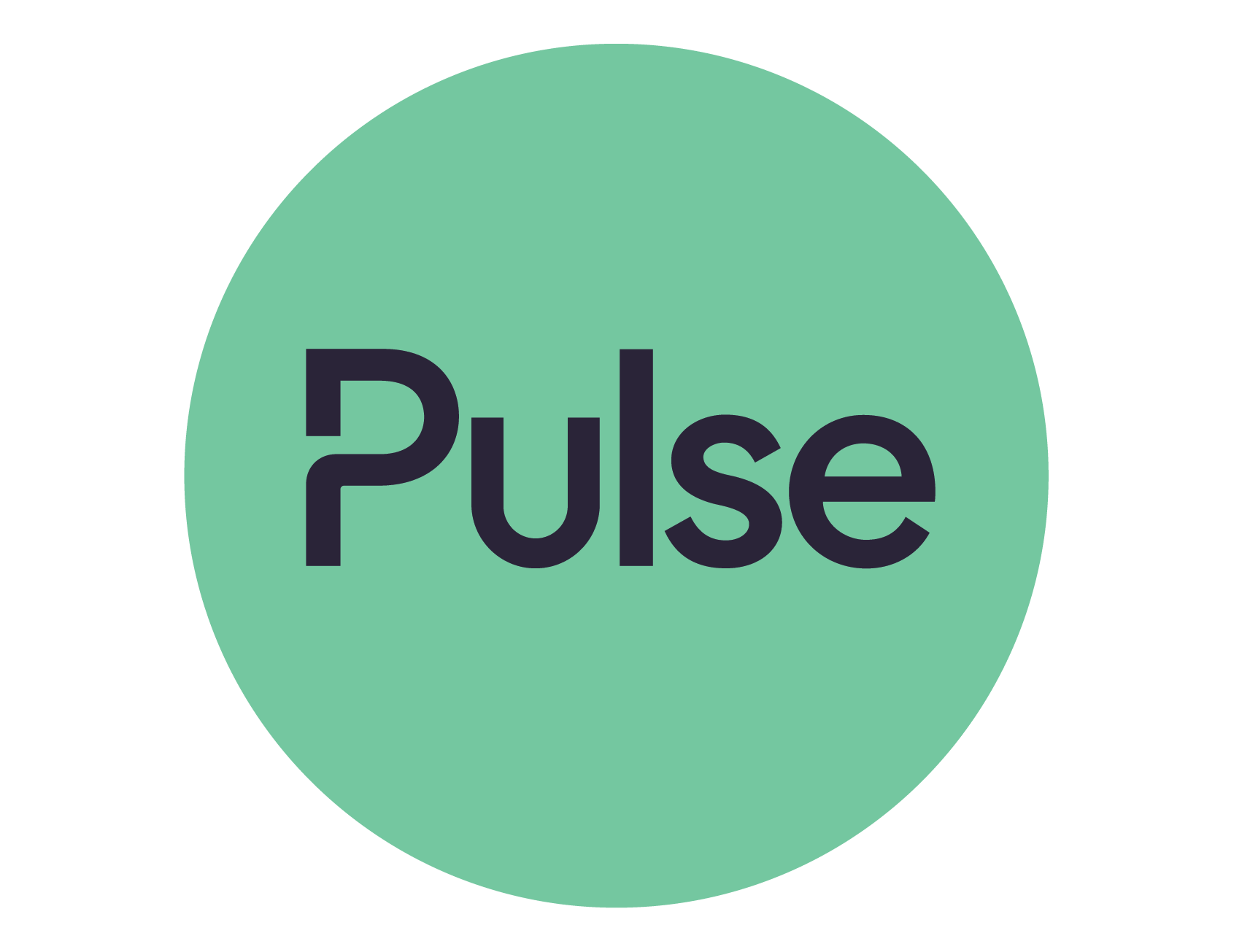So, you have decided to run your own business.
You have a great product, a great idea, a great solution (and a great name!) – and you want to be able to make money from that. But what do you do, if a couple of years down the line, someone starts using a similar name or logo?
If you haven’t taken steps at the start to protect your business brand, this can suddenly present major problems.
This article will explain why simply registering a company name or obtaining a domain name may not be sufficient to protect your business name and why you may have to take further steps to protect your ideas and hard work.
Does registering with Companies House protect my business name?
One of the first big steps you may have taken is to set up your company name and register it at Companies House. As part of that process, you will likely have had to search the Companies House register to see if your chosen name was available.
If it was, great, but if there was a company name already registered, you may have had to change your company name so that it could be registered. Companies House may reject a company name because it is either the “same as” or “too like” another existing name. However, you may have noticed that it is possible to still register a company name that is similar to another company on the register, which unfortunately means that your company name is not completely unique.
But regardless, once you secure your registered company name, it means that only you can use that name…doesn’t it?
Well, not exactly. The reality can be different and potentially problematic from a legal perspective. Look at what Companies House say about choosing a company name:
“There’s a common misconception that you can stop others from using your business name by registering the name at Companies House. Sadly, this is wrong”.
Surprised? Confused? Well, Companies House go on to say that:
” If you’re incorporating a company simply to protect the name …, you might want to seek advice from a professional as a trade mark may be the better option. Choosing a name is not as straightforward as you think.”
Company name vs trade mark: which is better?
A trade mark is likely to provide you better brand protection than simply registering your company name with Companies House.
The simple reason is that a trade mark ‘trumps’ a registered company name. In fact, a trade mark can even be used to enforce rights against other businesses using the same or similar name including if it is already registered at Companies House.
Here’s an example: assume you have been trading for two years selling clothes under the name ‘ALEX’ and you recently registered your company name, ‘ALEX Limited’, on Companies House. Your business is online and you are starting to get traction in the marketplace. You then receive a “cease and desist” letter from the owner of a registered trade mark for ‘ALEXIS’ who is alleging that your use of the ‘ALEX’ name and your registered company name are an infringement of the trade mark, ‘ALEXIS’.
If successful in their claim, the owners of the trade mark ‘ALEXIS’ could seek to have your registered company name, ALEX Limited, changed, or even removed.
This issue is also relevant to domain names. It is possible that a trade mark infringement can result in a domain name being removed for the same reason. Often, this is done via filing a complaint with a domain dispute resolution service, such as Nominet or ICANN.
How can I check I’m free to use a business name?
Therefore, one of the key considerations in deciding upon a business name or brand name or even a domain name is whether you are free to use that name and that it does not infringe another’s rights. Doing due diligence at the beginning can save time, effort, and money in the long run and avoid the painful task of having to rebrand or be involved in complex and expensive legal proceedings.
Here are some of the ways you can check:
- Check the Companies House WebCheck
- Use domain name search tool – sites like GoDaddy and 123-reg
- Book a consultation with trade mark specialists such as Pulse
What if I’m already trading?
We would advise you to carry out a trade mark availability search as soon as possible. And if that name is available then proceed to register that trade mark quickly as the system operates on a first come, first served basis. However, if it looks like it may already be taken then all is still not lost. If your trade mark is in relation to goods and services that differ from the existing trade mark, then it may not pose a problem, e.g. remember that the trade mark ‘POLO’ can exist in relation to VW cars, mints and also Ralph Lauren clothing.
Again, speaking to a professional at a trade mark law firm such as Pulse can help you to understand the best way forward.
How much does it cost to protect an idea and brand?
Another common misconception about setting up a business is that protecting your idea/business name can be expensive. This is often as a result of media coverage of high-profile cases, which leads to the impression that protecting the expression of an idea or a name requires a lot of money. This is luckily not the case.
Any money you spend now will be a fraction of the cost of any unwanted legal problems referred above. Think of it as an investment. And don’t forget that intellectual property (i.e., your trade mark, patents etc) is an asset like any other so owning these rights actually increases the value of your business.
Do I own my logo if someone else has created it?
If you pay a third party to create a brand, create a logo for your brand, or even create content for your website, it does not mean that you automatically own the rights to that work just because you paid for it. The law says that unless there has been a written agreement specifically transferring the ownership of that work to you, then you do not own the rights. This means the creator could sell the same logo to another entity, causing potential problems for you further down the line.
A further implication of not correctly owning, for example your logo, means that when you come to file your trade mark, it could be challenged on the basis that you are not the correct owner of the mark.
Therefore, it is worth reviewing what content or branding, if any, has been created by a third party and ensure that you take the necessary steps to “own” that content or creation. So make sure you have some sort of agreement with the creator that covers this. Again, check with a professional if unsure.
In summary: protect your busines brand from the outset
One of the most frequent trends we see is that business owners are so concerned about starting their business that they fail to consider how they will protect their business. It is almost an afterthought, which can sometimes lead to the derailment of the business just as it’s getting going.
Protection of the business should be as crucial consideration as where, how, and to whom you will market your products or services.
Our advice is that you treat the protection of your brand, logo, company name or idea as part of the business set up. In the same way that you would consider setting up a website, i.e., it should be at the forefront of beginning your business journey and not an afterthought or when an issue has brought the matter to a head.
After all, this business name/brand is all you have when you start. It’s your most valuable asset so don’t risk losing it before you’ve had the chance to grow.
Share this content

Brought to you by:
Pulse: trade mark services for startups
Pulse Law is a specialist trade mark law firm for small businesses. They only work on a fixed fee structure. This means no hidden costs and no unexpected surprises. They’re trusted by hundreds of clients a year to simplify the complex and jump through hoops so you don’t have to.
Visit Pulse's website










